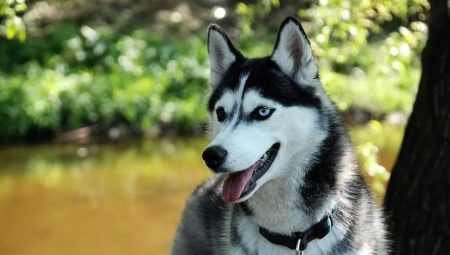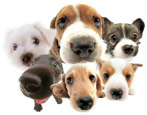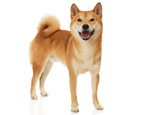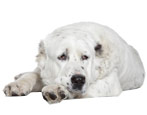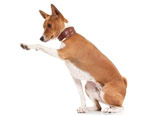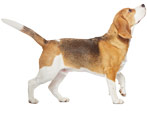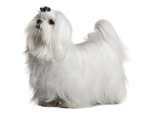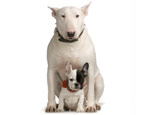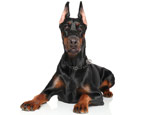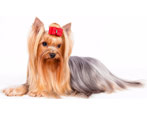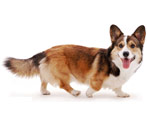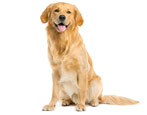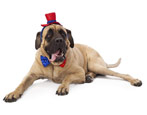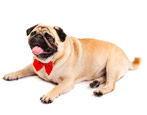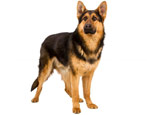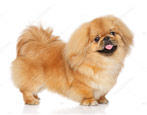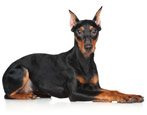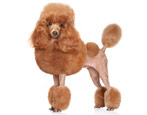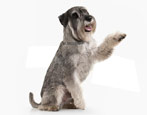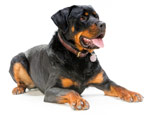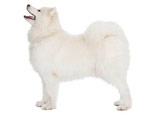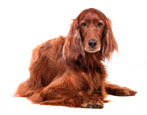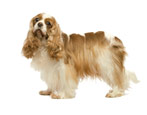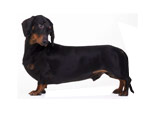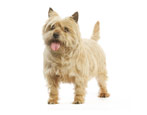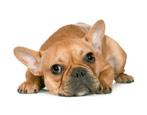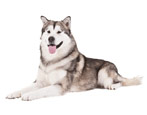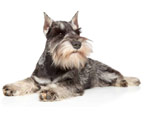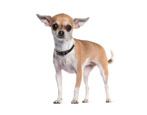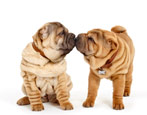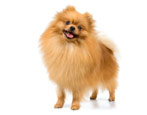Siberian Husky appeared in Asia as a working sled dog. This is a very popular pet among dog owners. Today, Siberian huskies participate in modern dog sled races or are often used in Arctic search and rescue missions. These working dogs have a thick coat and come in different shades.
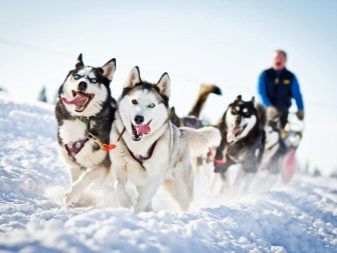
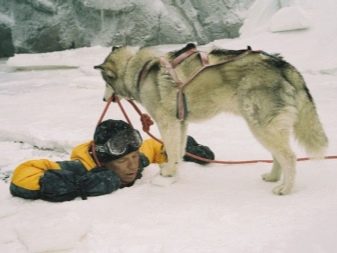
Life span
The average life expectancy of Siberian huskies is about 12 years, similar to other medium and large dog breeds. Many individuals live up to 15 years, and some live even longer. Husky girls tend to live a little longer than dog boys of all breeds, including husky dogs. Nevertheless, this difference will not be too big, so do not be surprised if your husky boy survives his companion, sister or girlfriend.
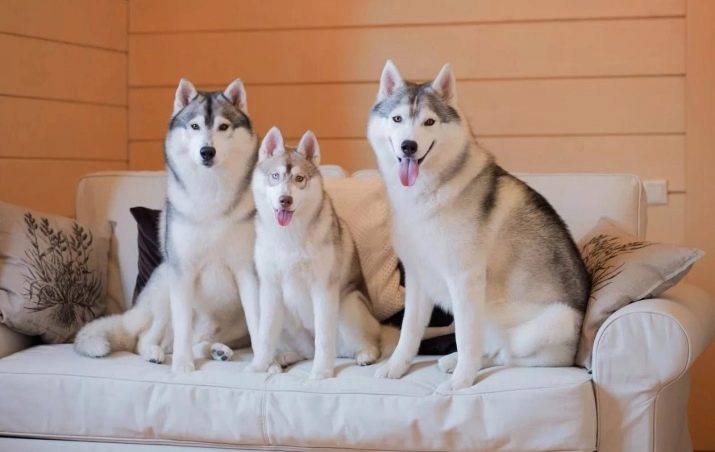
Health
When your Siberian husky grows older, he may experience health problems that often shorten his lifespan or make him less comfortable in recent years. Because Husky is a working breed, restricting your dog's activity or overfeeding can lead to obesity., which may subsequently lead to premature death. Maintaining active life and caring for your dog will help ensure a long, healthy life for your pet.
Genetic problems, such as hip dysplasia and progressive retinal atrophy, can lead to a decrease in the quality of life of an elderly husky.
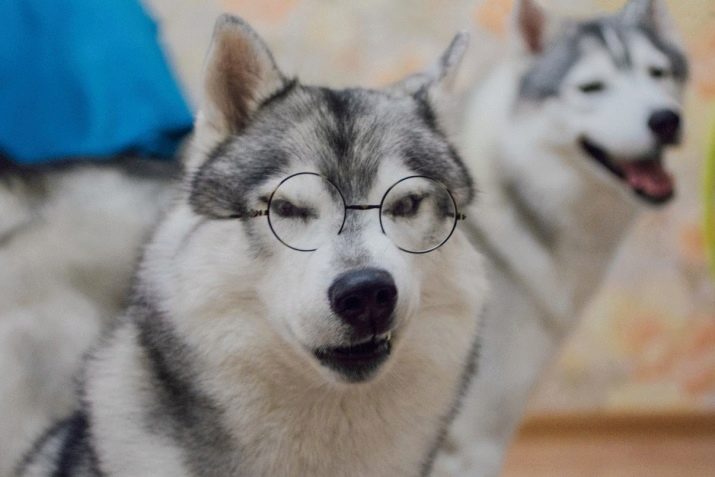
Stages of life
Siberian husky usually reach adulthood at 12 months. At the age of 1 to 7 years, husky turns into an adult healthy dog.You may need to change your dog's diet when the dog is older, as it will not be as active as before. Since the aging process in different dogs is different, you will have to pay attention to the specific needs of the pet in order to determine exactly when to start adjusting its lifestyle.
Accidents are the main cause of death for all breeds, and Siberian huskies can put themselves at risk because of their tendency to run constantly. If you have a like, do not let it run without a leash in an open area. Keep your pet on a leash when walking and running down the street.
Offer your pet an alternative to running indoors, such as a special dog park or backyard in your own home.
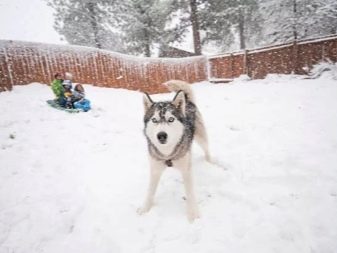
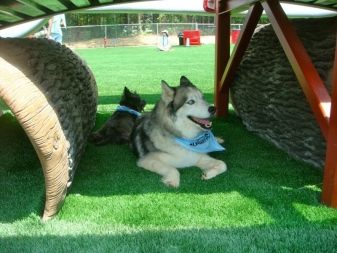
Maintenance in the apartment
If you are determined to ensure that your dog is happy and healthy, then only this breed can be started in the apartment. But there are several nuances for keeping such a dog.
Siberian Husky is a very active dog that needs a lot of daily exercise. If you are considering getting a Siberian husky, you need to decide where and how you can train your dog. Well, if there is a park nearby, which will be quite convenient to spend several hours a day with your four-legged friend.
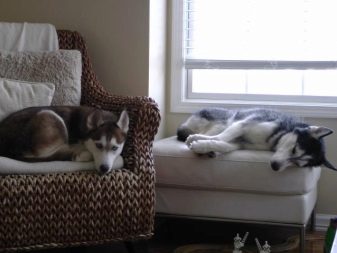
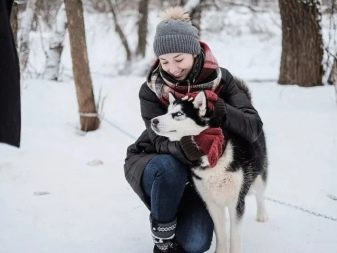
Check if there are any interesting walking routes suitable for dogs near the apartment building in which your apartment is located, you need to check everything.
Maybe there will be an opportunity to walk with him through the quarter or through the streets of the city. Any of these options will suit your dog for the necessary exercises. Living in such conditions will increase the life of the husky in the apartment.
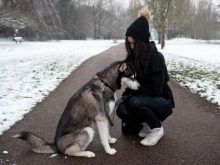
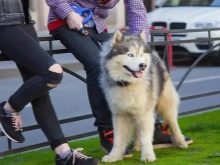
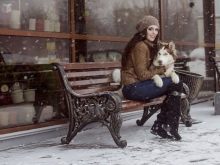
Before you start a husky in the apartment, answer yourself the following questions:
- whether my pet will have enough space to stretch out and take a walk;
- Do I have racks, tables and other furniture that will be resistant to shock, chewing and saliva;
- do I have the time and patience to put the house in order after playing the dog, after the dog scatters something around the apartment, spills or accidentally smashes it;
- can I isolate my husky in the room if he behaves badly, or when guests or small children come;
- Is it hot in my apartment, because huskies prefer cooler and well-ventilated rooms.
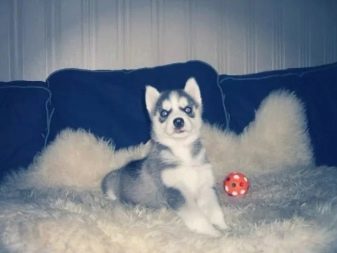
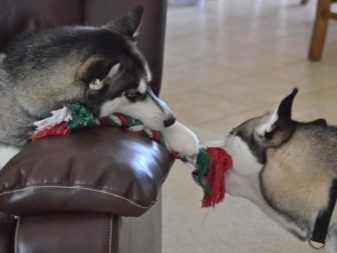
Protection
Husky is a good watchman, but not only in the apartment. Siberian Husky is active and always ready for walks. Walking with a dog may provide some protection from outsiders. Most criminals seeking to chase a woman avoid a confrontation with a dog. Siberian Husky is a ferocious wolf. Although they are not guard dogs or wolves, they usually never bite people, as it may seem from the outside. However, if necessary, they become ideal watchmen.
If your husky is at home in the apartment alone, he will bark and make enough noise to prevent the cracker from getting inside and stealing your belongings. Husky always remains alert - day and night.
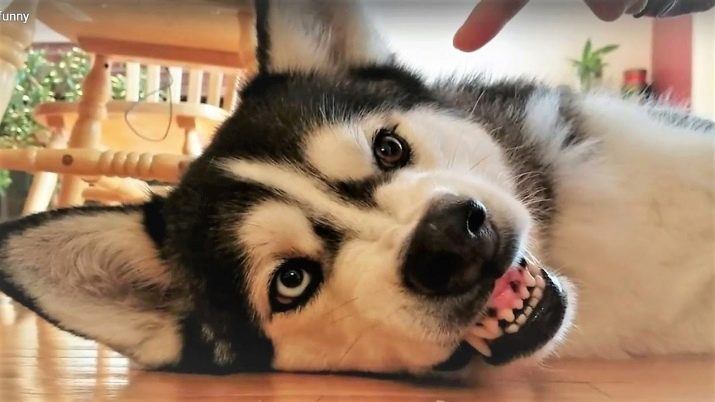
However, it can be difficult to find an apartment that can accommodate a large dog. Some apartments have size restrictions, while others simply do not imply pets.
Noise producer
Husky can bark or howl if they become bored. There is nothing you can do about it. If you are not going to spend the whole day with the dog, then there is a high probability that they will make a different noise as soon as you go out the door. And since the apartments, as a rule, are in close proximity to each other, this noise will surely reach the neighbors.
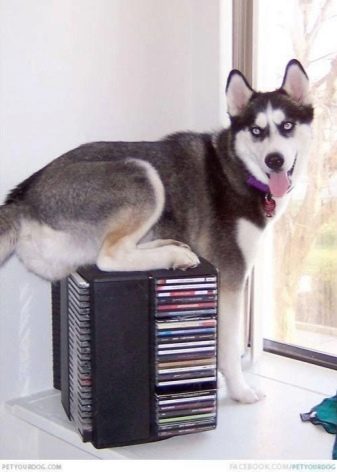
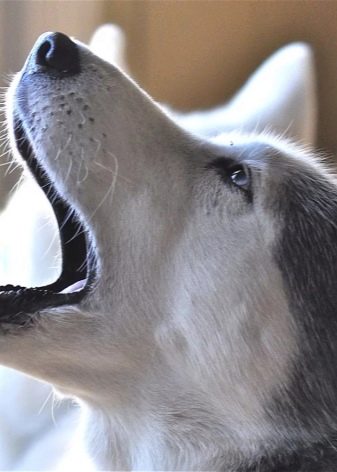
Material damage
Damage to property is another problem. It is known that dogs scratch walls, stumble on objects and chew everything within their reach.Again, this behavior is a symptom of boredom, and you will need to make sure your husky is happy and, if necessary, pay these repair bills.
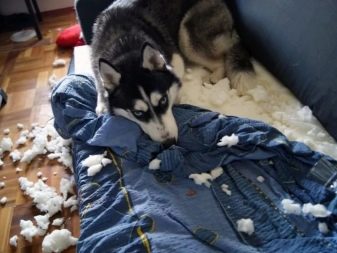
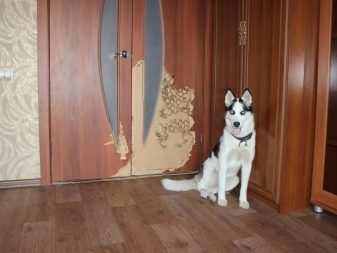
Taming a dog
Sometimes you will have to leave your husky in the apartment when you go to work, for example, to a store or to a party with friends. It is necessary to properly train a dog in order to try to protect his dog and his apartment from all sorts of troubles.
You need to try to explain to your pet that you can’t behave badly at home, turn things over or chew them! Such training will play an important role and will be the only effective solution for keeping the dog in the apartment. The basic list of things to think about before leaving your dog alone at home:
- Does the dog have clean water to drink?
- Do I need food
- does he have a toy;
- Is there enough air in the apartment;
- not too hot or cold;
- what if your puppy needs to use the toilet.
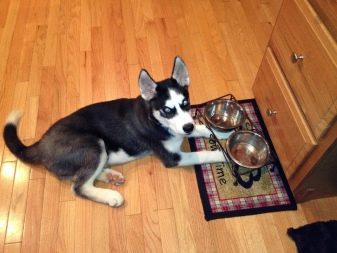
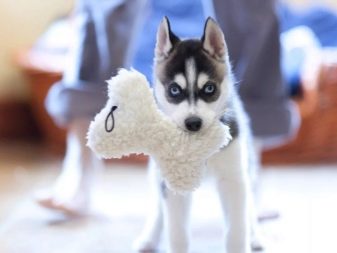
You can start with shorter trips from home to see how your husky will behave. Or you can always ask a loved one or friend to come and visit your pet while you are not at home.
Maintaining active life, caring for and caring for your dog will help ensure a long, healthy life for your pet.
On the life of a husky in the house, see further.
